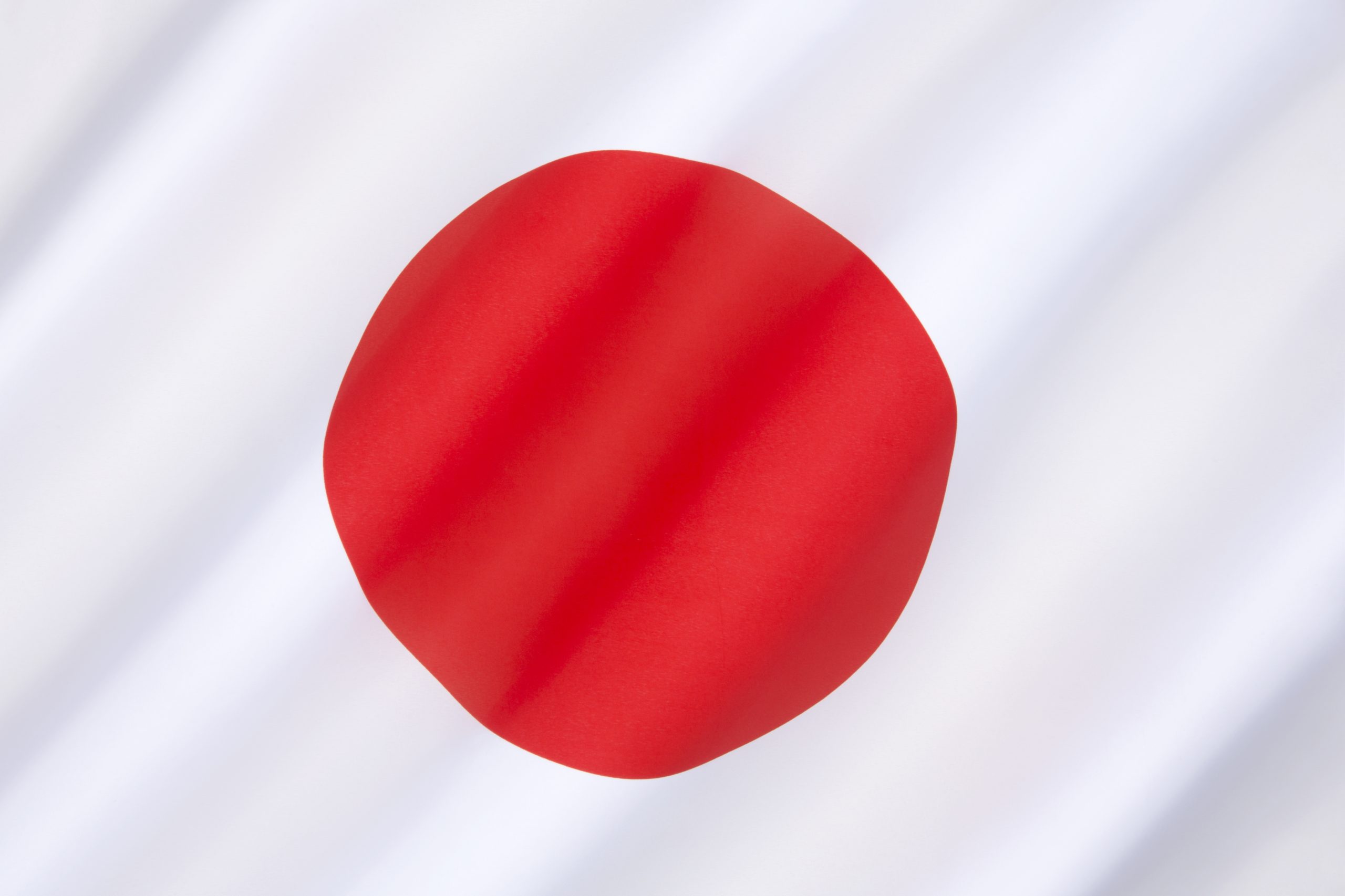
Crimes in Japan that are not crimes in Brazil
Discover in this article everything you need to know about the differences between the practice of crimes in Japan and Brazil.
Brazil is a very attractive destination for Japanese people, and the relationship between the two countries is becoming increasingly consolidated. So much so that there is already a social security agreement between them (article in Portuguese).
For this reason, it is essential to pay attention to how the laws involving crimes differ in the two countries and how the extradition process works between them.
If you need legal assistance from our team, please message us on WhatsApp.
Author: Mariana Cruz de Lemos
For which crimes in Japan would a foreigner not be extradited from Brazil?
There are several crimes listed in the Japanese Criminal Code that would not allow for the extradition of a foreigner by Brazil if they were to come to live in the country.
This is because these crimes are punishable in Japan but not in Brazil, are considered minor offenses under Brazilian law, or are purely military, political, or related to opinions.
Here are some of them:
- Damage to a Foreign National Flag;
- Possession of drugs and narcotics for personal use;
- Disturbance (a person who assembles in a crowd and assaults or uses intimidation);
- Failure to disperse (when in crowds);
- Dissemination of rumors against businesses (damaging the credit of a third party’s business by spreading false rumors).
- Insurrection (inciting, organizing, or participating in a violent uprising against a government or established authority);
- Instigation of Foreign Aggression (a person who conspires with a foreign state and thereby causes the state to exercise armed force against Japan);
- Assistance to the Enemy (when a foreign state takes military action against Japan, a person who sides with the foreign state by providing military service to such state or otherwise gives a military advantage to such state);
How does extradition work?
Extradition is an act of cooperation between countries that involves the surrender of a person from one country to another.
The foreigner handed over can be in either a regular or irregular situation, meaning they can be in Brazil either with a visa/residence permit or illegally. The extradition rules will be applied regardless of how the foreigner entered Brazilian territory
The extradition can occur in two situations:
- For the purpose of providing evidence in an investigation or criminal proceedings that the requested person is involved in.
- For the purpose of fulfilling a sentence already imposed on the convicted person.
Both types of extradition can be requested via diplomatic channels, or in the absence of a diplomatic agent of the requesting country, directly between governments. The request must be accompanied by pretrial detention or a final conviction of imprisonment.
The extradition request will be presented to the Supreme Federal Court, which will analyze the properties of the case and decide whether it meets the requirements stipulated by relevant legislation.
There is no stipulated time period for the duration of the extradition process; it varies according to the characteristics of each case.
Who can and cannot be extradited from Brazil?
The Federal Constitution stipulates in Article 5 that: “No Brazilian shall be extradited, except the naturalized ones in the case of a common crime committed before naturalization, or in the case there is sufficient evidence of participation in the illicit traffic of narcotics and related drugs, under the terms of the law.”
This means that a born Brazilian will never be extradited, regardless of the crime committed in another country.
A naturalized Brazilian may be extradited in two situations: when he or she committed a common crime before becoming a Brazilian citizen or when he or she was involved in illicit drug trafficking.
For foreigners in Brazil, their cases must be analyzed individually, taking into account the laws of their country of origin and Brazilian legislation.
Is it possible to extradite a foreigner with a Brazilian child? What about someone married to a Brazilian citizen?
Yes, according to STF (Brazilian Supreme Court) ruling 421, even if a foreigner is married to a Brazilian or is a parent of a Brazilian child, they can still be extradited.
What law governs the extradition process in Brazil?
Every extradition process must comply with the provisions of the Migration Law, Law No. 13,445, of May 24, 2017, and observe what was agreed between Brazil and the requesting country when there is a treaty between the two.
Brazil has already signed extradition agreements with several countries, which means that specific rules must be followed according to the country that is making the extradition request.
To consult all the extradition agreements already made by Brazil, click here.
Brazil and Japan do not have an extradition treaty
If the requesting state does not have an extradition treaty with Brazil, the provisions of Decree-Law No. 394 of April 28, 1938, which regulates extradition in the country, must be adopted, provided that there is a promise of reciprocity between the countries.
Thus, even if the country requesting extradition does not have a treaty with Brazil, extradition may be granted if the request meets the criteria established in Brazilian law.
In what cases can a foreigner not be extradited?
Decree-Law No. 394 provides for cases in which extradition will not be granted. They are:
- I – When it is not an offense under Brazilian law or the law of the requesting
- State.
- II – When Brazil is competent, according to its laws, to judge the offense.
- III – When Brazilian law imposes a prison sentence of less than one year for the offense, including attempted, co-authorship, and complicity.
- IV – When the extraditee is being prosecuted or has already been convicted or acquitted in Brazil for the same offense that determined the request.
- V – When the offense has been prescribed, according to the law of the requesting State or Brazilian law.
- VI – When the extraditee has to answer, in the requesting country, before a special court or tribunal.
- VII – When the offense is: a) purely military; b) against religion; c) a political or opinion crime.
This means that Brazil does not extradite a foreigner when the crime for which he or she is being accused is not a crime in Brazil or his or her sentence would be less than one year.
Similarly, the country does not extradite a foreigner when Brazil has the ability to prosecute them or has already tried, convicted, or acquitted them; when the crime is time-barred; when the foreigner must appear before a special court or tribunal; and when the crime is purely military, religious, political, or a crime of opinion.
Next, you will see that Brazil also does not extradite foreigners when they are convicted or could be sentenced to death, life imprisonment, or corporal punishment. For the extradition of a foreigner for a crime that could be punished in such a way, the requesting country needs to promise not to apply such penalties.
In what cases is there a death penalty in Brazil?
The Brazilian constitution only authorizes the death penalty for military crimes committed during declared times of war.
In other words, any non-military crime committed during a war situation in Brazil cannot be punished with the death penalty. Therefore, there is no crime punished with the death penalty in Japan that is also punished with the death penalty in Brazil.
Thus, no foreigner who is sentenced to death in their country of origin or who may be sentenced can be extradited from Brazil, regardless of their crime.
For extradition to occur, Japan must ensure that the extradited person will not be subject to the death penalty.
In what cases is there a life sentence in Brazil?
There is no life imprisonment in Brazil.
In fact, Brazilian law establishes a maximum limit of 40 years for the imprisonment penalty, so it is illegal for anyone to be imprisoned for more than 40 years in the country.
Thus, Brazil does not extradite foreigners to Japan who are sentenced to life imprisonment in the requesting country, regardless of the crime committed.
For the extradition of the foreigner to take place, Japan must adjust the penalty to respect the 40-year imprisonment limit provided for in Brazilian law or commit to not applying a penalty exceeding 40 years
In the case of Japan, which also applies forced labor penalties, such penalties cannot be applied to the extradited foreigner. Either Japan promises not to apply this type of penalty, or Brazil will not grant extradition.
In summary
In summary, it can be said that the main situations in which a foreigner will not be extradited to Japan are:
- The crime has already become time-barred. (It is worth noting the prescription period in Brazil is shorter compared to many crimes in Japan, especially regarding crimes committed during extrajudicial, judicial, or bankruptcy proceedings).
- The act committed is not considered a crime in Brazil or is not punishable under Brazilian law (when the crime committed is not a crime in Brazil or when the offender at the time could not be punished by Brazilian law, such as minors under 18 years old);
- The crime is political (committed with ideological purposes against the sovereignty of the State), military, or related to opinion;
- The foreigner may or has already been sentenced to death or life imprisonment;
- The penalty for the crime is less than one year under Brazilian law;
- The foreigner may face human rights violations;
- The foreigner can be tried in Brazil or has already been acquitted in the country.
If you need legal assistance from our team, please message us on WhatsApp.




